London IT Training helped me kick start my Networking career with Cisco CCNA. They were very professional and flexible with the class schedules. It helped me plan my time between studies and the hectic schedule of my job.
A Software Developer Apprenticeship program is a structured training initiative designed to equip individuals with the skills and knowledge required to pursue a career as a software developer. These programs typically combine classroom instruction with hands-on experience, allowing apprentices to learn and apply software development concepts in real-world scenarios. Here’s an overview of what such a program might entail:
Foundations of Software Development
- Introduction to Programming: Fundamentals of programming concepts such as variables, data types, control structures, and functions using languages like Python, Java, or C#.
- Object-Oriented Programming (OOP): Understanding OOP principles including encapsulation, inheritance, polymorphism, and abstraction.
- Version Control: Learning version control systems like Git for managing source code and collaborating with teams.
Web Development
- HTML/CSS: Basics of web development including HTML markup for content structure and CSS for styling and layout.
- JavaScript: Introduction to client-side scripting for dynamic web functionality, including DOM manipulation and event handling.
- Frontend Frameworks: Exploring frontend frameworks such as React.js, Angular, or Vue.js for building interactive web applications.
- Backend Development: Basics of backend development using server-side technologies like Node.js, Express, or Django.
Database Management
- Relational Databases: Understanding database concepts, SQL querying, and relational database management systems (RDBMS) like MySQL, PostgreSQL, or SQL Server.
- NoSQL Databases: Introduction to non-relational databases like MongoDB or Firebase for handling unstructured or semi-structured data.
Software Development Lifecycle (SDLC)
- Agile Methodologies: Overview of agile development methodologies like Scrum or Kanban for iterative and incremental software development.
- Software Testing: Introduction to software testing principles, techniques, and tools for ensuring quality and reliability.
- Continuous Integration/Continuous Deployment (CI/CD): Understanding CI/CD pipelines for automating the process of building, testing, and deploying software.
Advanced Topics
- Data Structures and Algorithms: Deep dive into data structures (arrays, linked lists, trees, graphs) and algorithms (sorting, searching, dynamic programming) for efficient problem-solving.
- Software Design Patterns: Learning common software design patterns (e.g., Singleton, Factory, Observer) for designing reusable and maintainable code.
- API Development: Building and consuming RESTful APIs for interconnecting software components and systems.
- Cloud Computing: Introduction to cloud platforms like AWS, Azure, or Google Cloud for deploying and scaling applications.
Professional Skills Development
- Communication Skills: Effective communication with team members, stakeholders, and clients.
- Collaboration and Teamwork: Working collaboratively in agile teams, sharing knowledge, and contributing to project success.
- Problem-Solving Skills: Developing analytical and critical thinking skills to solve complex software-related challenges.
- Time Management and Organization: Managing time effectively to meet project deadlines and balance multiple tasks.
Project Work
- Real-world Projects: Working on software development projects from conception to deployment, applying learned skills and methodologies.
- Code Reviews and Feedback: Receiving feedback from mentors and peers through code reviews and retrospectives.
- Portfolio Development: Building a portfolio showcasing projects, code samples, and accomplishments as a software developer.
Certification and Assessment
- Technical Assessments: Evaluating skills and knowledge through coding exercises, quizzes, and exams.
- Project Assessments: Assessing project work based on predefined criteria such as functionality, code quality, and adherence to best practices.
- Certification: Upon successful completion of the program, apprentices may receive a certificate or credential demonstrating proficiency in software development.
Continuous Learning and Career Development
- Networking: Building professional networks within the software development community through meetups, conferences, and online forums.
- Continuing Education: Staying updated with the latest technologies and industry trends through self-study, online courses, and workshops.
- Career Advancement: Exploring career opportunities and paths within the software development field, setting goals for career growth and development.
Overall, a Software Developer Apprenticeship program provides a comprehensive learning experience that combines technical training, practical project work, and professional skills development to prepare individuals for successful careers in software development.






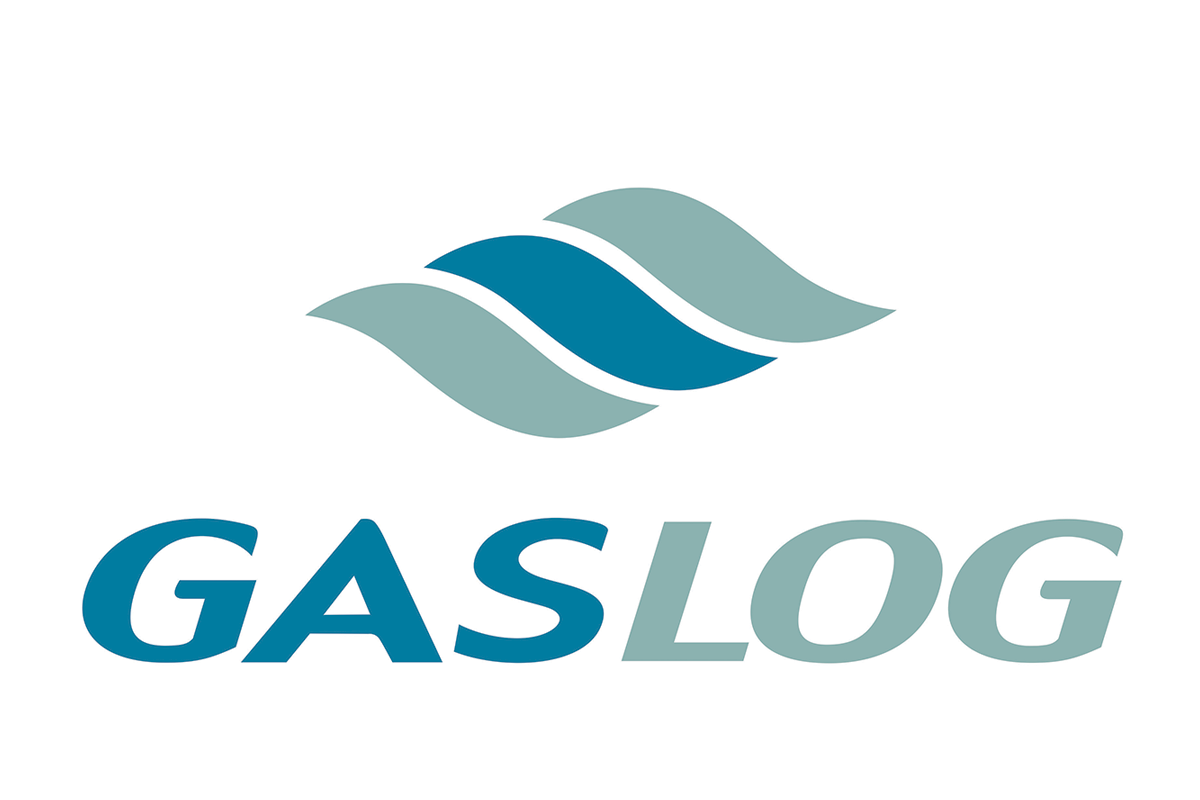
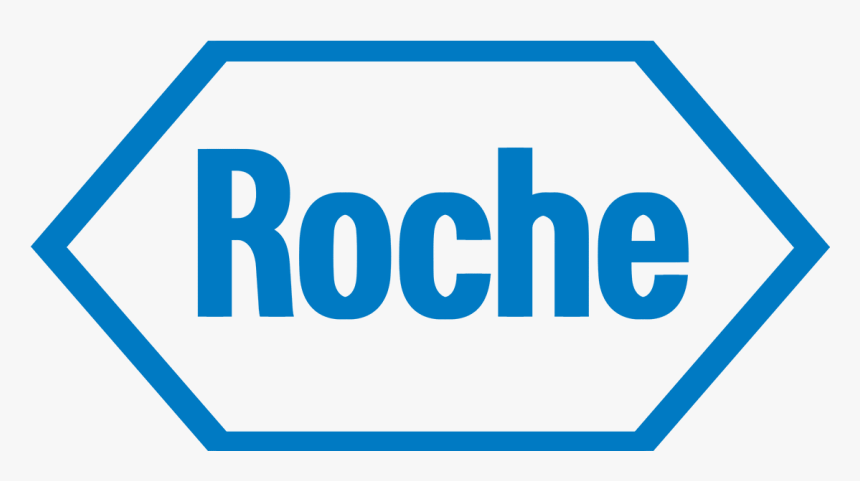


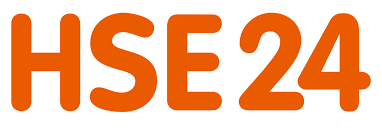



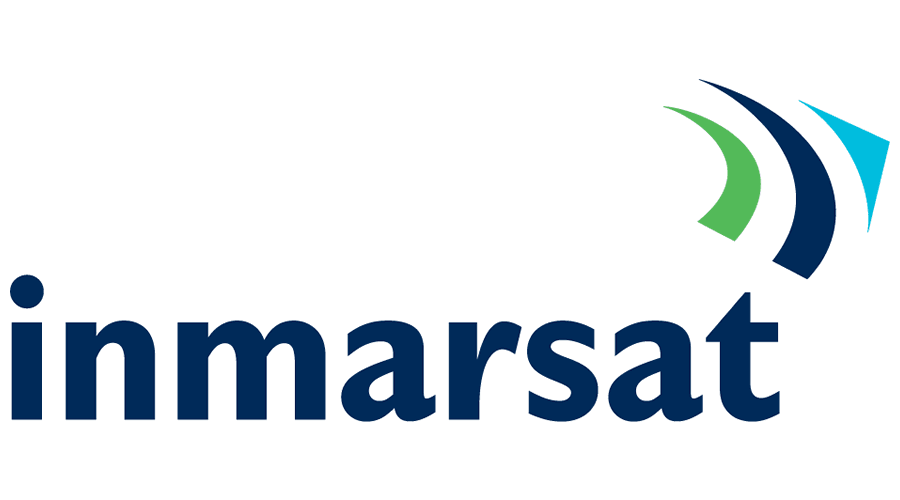





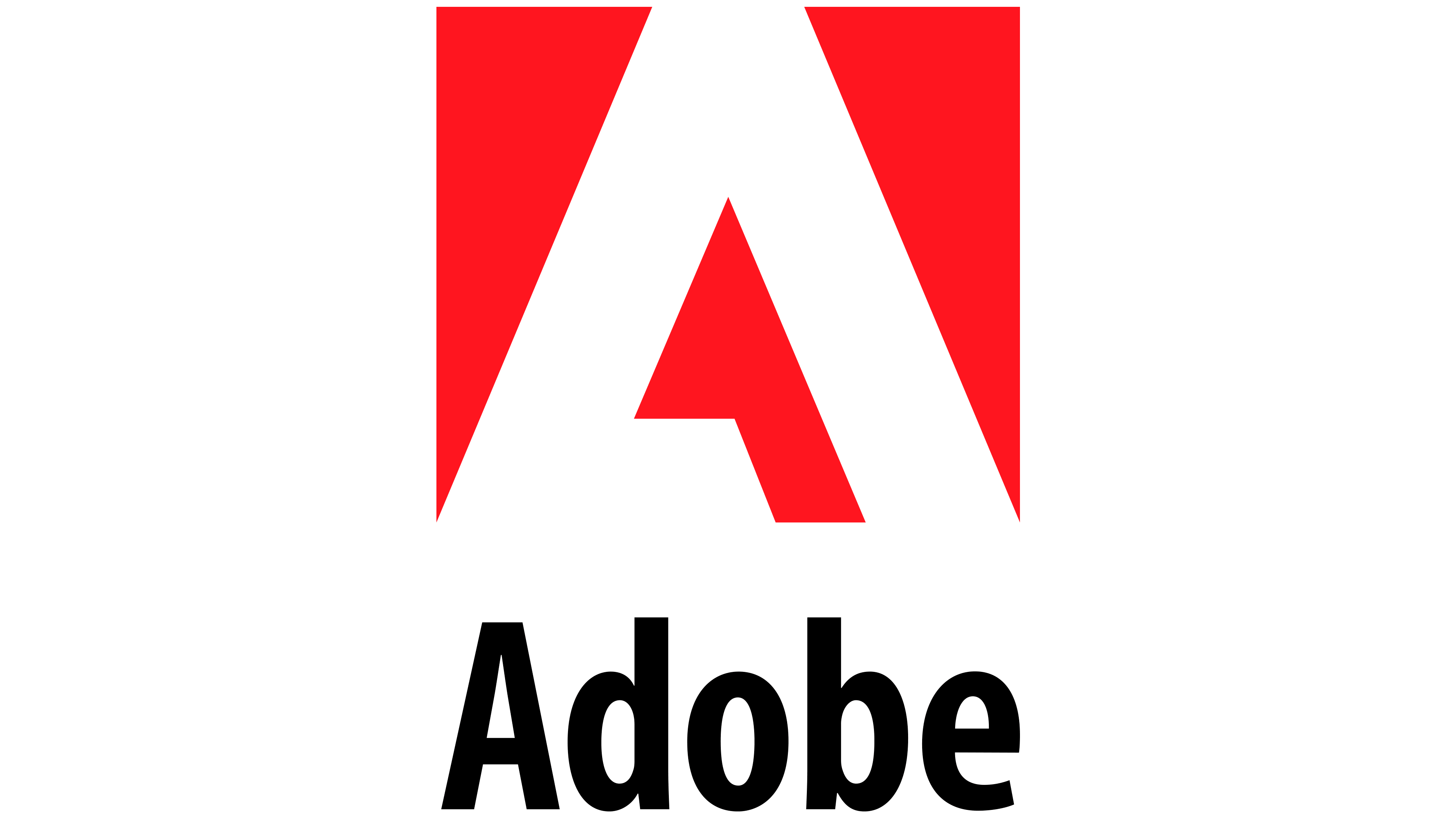





Certification